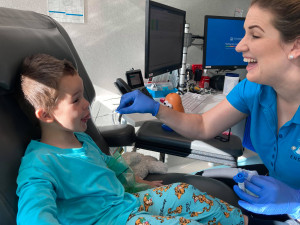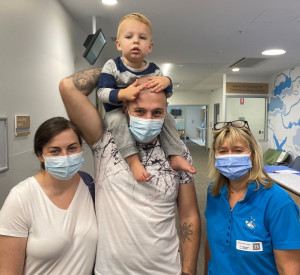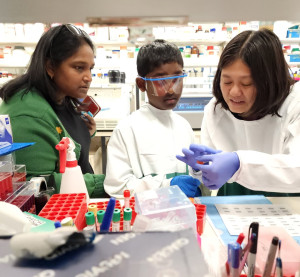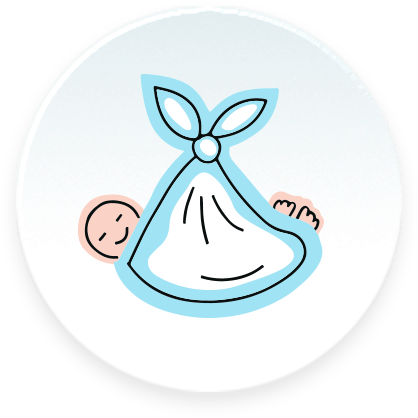About ENDIA
The Environmental Determinants of Islet Autoimmunity (ENDIA) Study aims to find the cause(s) of type 1 diabetes to inform ways to prevent it.
In Australia, type 1 diabetes in children is twice as common as it was 20 years ago; this is because of our changing environment. Children are exposed to all sorts of environmental factors very early in life, even before they are born. Some of these factors may protect against or impact upon the development of type 1 diabetes.
The ENDIA Study is observational. There are no study medications or interventions. Participation will not impact on usual healthcare.
We have recruited 1500 babies (from the pregnancy aged up to 6 months) who have an immediate relative with type 1 diabetes (i.e. baby’s mum, dad, brother or sister).
Please note that recruitment to the study has now officially closed.
What Is Islet Autoimmunity?
Type 1 diabetes results from an autoimmune response; i.e. the body’s immune system destroys its own insulin-producing beta cells in the pancreas.
Before type 1 diabetes presents with symptoms, this autoimmune response can be detected by measuring antibodies in the blood stream. These antibodies are known as islet autoantibodies and the condition is known as islet autoimmunity.
Little is known about what triggers a child to develop islet autoimmunity. We believe that several factors may be important:
- bacterial communities that live in or on our bodies,
- viral infection during pregnancy and early childhood,
- inflammation,
- genes,
- environmental pollutants e.g. chemicals,
- nutrition,
- body composition.
Identifying those factors that initiate the development of islet autoimmunity in early life could lead to a means of preventing type 1 diabetes before the autoimmune process begins.
What will the ENDIA investigators be looking at?
Led by Professor Jennifer Couper, the ENDIA team will be investigating a number of environmental factors that we believe may contribute to the development of islet autoimmunity and type 1 diabetes in children. These factors include:
- The genes of the participating child and their family member with type 1 diabetes
- The community of the bacteria that naturally lives in a mother’s body during pregnancy and the child’s body during early life
- The amount of weight gain during pregnancy and early life
- The method of delivery (vaginal versus caesarean section)
- The mother’s nutrition during pregnancy and breast feeding
- The duration of breast feeding and the child’s nutrition during early life
- The child’s immune system and when the child received vaccines
- Exposure to viruses during pregnancy and early life




The ENDIA Team
This research project is a multi-centre study involving the collaboration of clinicians and researchers from hospitals and universities across Australia.
What Is Involved?
ENDIA is a study following babies from the pregnancy up until 10 years of age to find out what causes type 1 diabetes. There are no interventions, only questionnaires and sample collection.
Regional Participation Program
The Regional Program was introduced to give people living in more rural and remote areas the opportunity to contribute to this important research from the comfort of their own home.
ENDIA’s Scientific Themes
All scientific investigations within ENDIA will be conducted within seven key themes

